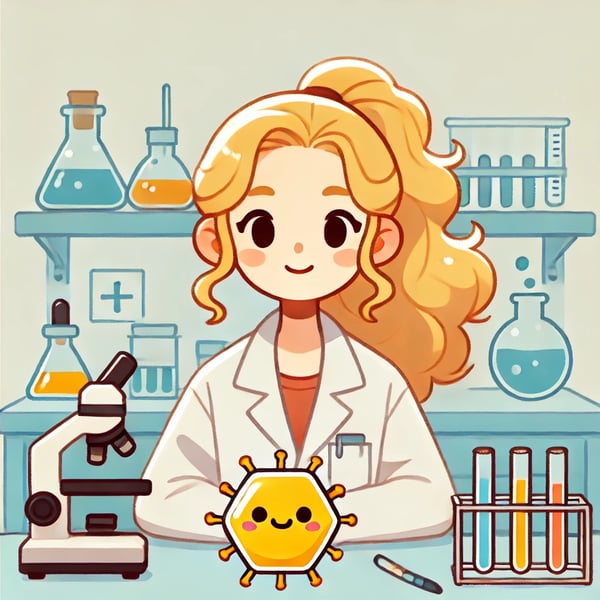
What Actually Works: Small Tweaks for a Happier Lab

A new series on what works for me, from lab to writing
After a decade at the bench (and plenty of painful lessons), I've realized something: I think the difference between overwhelmed scientists and thriving ones often comes down to tiny systems. Much like the business world has turned to habits.
Fancy equipment, perfect organization — I don’t think they do that much to help. But small tweaks can compound into massive quality-of-life improvements.
After spending 2 years building systems for phage therapy in Australia, I recently started as a Staff Scientist at Stanford. I thought I could do the same here. But between juggling grantwriting, phage research, and mentoring students, there’s about 1/10th the time I had in Australia to ‘build a phage therapy center’. With this plus a new sizeable San Francisco-to-Palo Alto commute I’ve now thrown in, I have had to get ruthlessly practical about what actually works.
What I’m discovering is that my tiniest tricks and mindset shifts are what I am turning to (and spewing to students) the most.
As I think about this more, I am thinking that the same small systems that help Marie Kondo clean people’s houses and Ramit Sethi fix couples’ finances can improve how we work in science. Basic frameworks that reduce overwhelm.
As I go through my various Apple notes and past blog drafts, my favourite systems are those which:
- Take less than 5 minutes to implement
- Start working immediately
- Actually stick long-term
- Make science feel less overwhelming
Think: lab notebook habits that make us actually document what we do, before we forget. Protocol-writing systems that make it easier to do ‘team science’ and that make it ok for everyone to do slightly different versions of the same method. Paper reading systems that help us actually… read.
That's what I’ve decided to explore in this series. Each post will focus on one small system that's emerged from my time in the lab. No perfectionism required. No complete overhauls necessary. Just practical tweaks that make lab life better.
Coming up in this series:
- The glove drawer trick, timestamps and more: my minimum viable lab notebook system
- How I track phages and strains without gaslighting myself or others
- How I make myself read papers (and turn my habit into a self-building network of scientists in the process: hint — neither works unless you share what you read!)
- How to track protocols, no matter how many versions you have
- And more, as I think of them!
Ultimately, science is hard enough. We should share what works with each other, and save our brains for the hard stuff, like figuring out WHAT to study and how to do it.
First post drops soon!